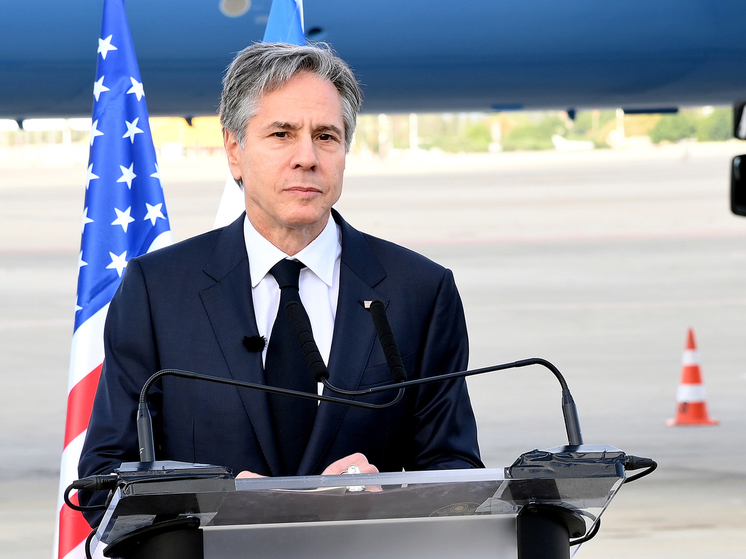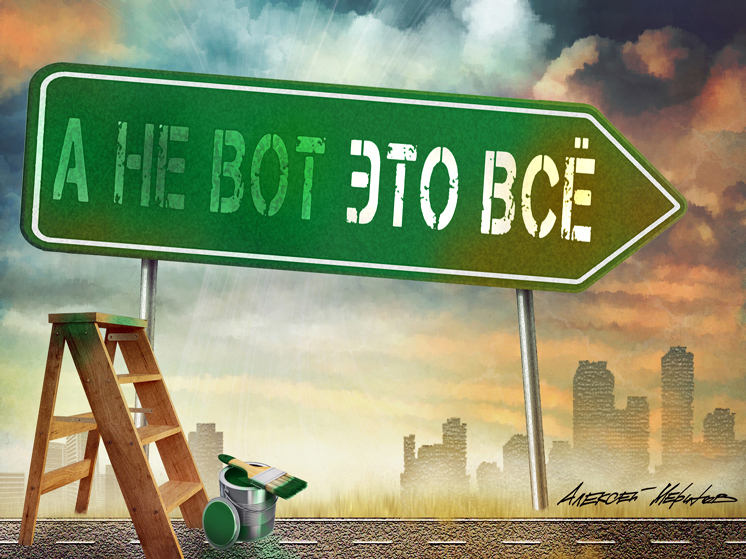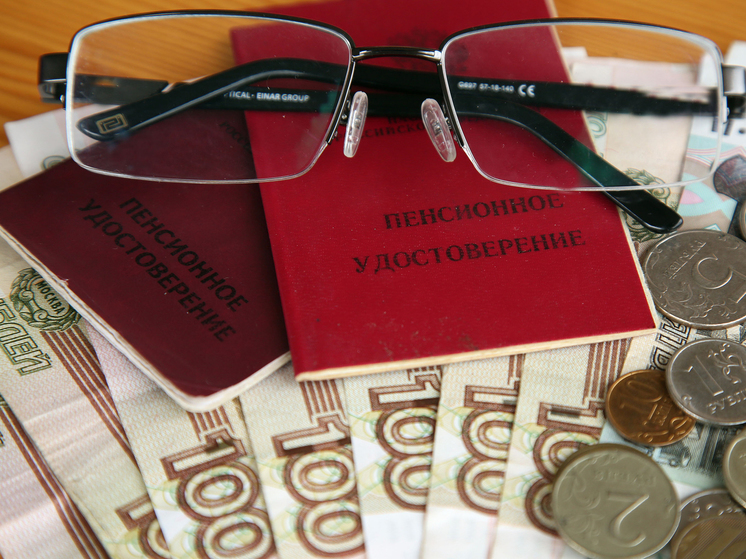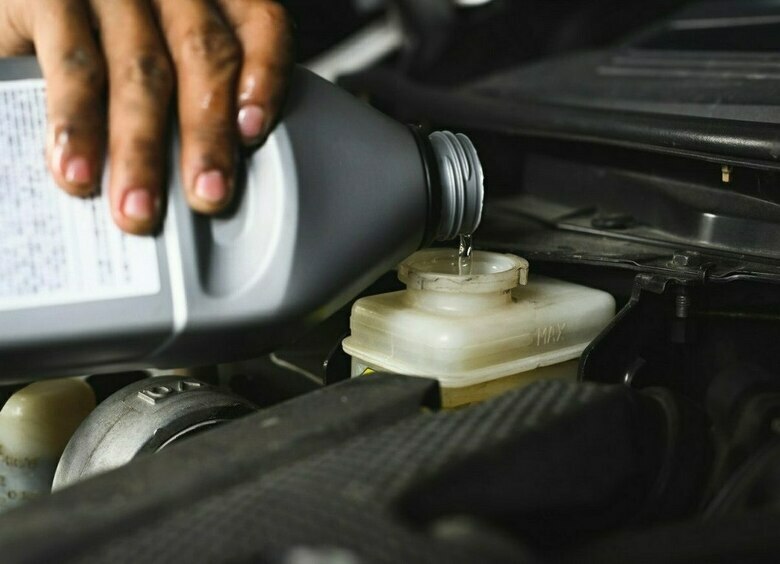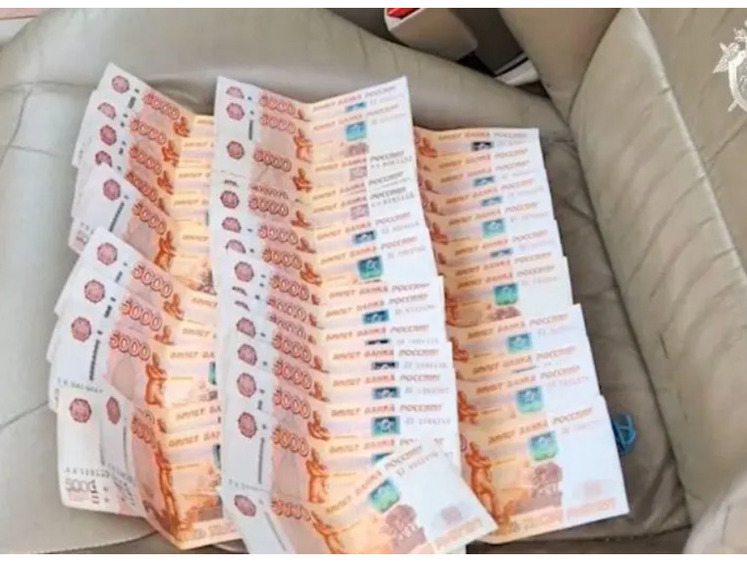The biggest merger to date was that of UK cellular phone operator Vodafone (VOD) and Germany’s Mannesmann conglomerate. The transaction was completed in April 2000 and was estimated to be worth $161 billion.
$116 000 000 000
In second place is the merger of US pharmaceuticals companies Pfizer (PFE) and Warner-Lambert. It was completed in June 2000 at an approximate cost of $116 billion.
$106 000 000 000
The merger of Time Warner and America Online in January 2001 was the third biggest transaction of the decade. It was worth $106 billion.
$81 000 000 000
In 1998 US oil companies Exxon and Mobil merged. The result was the world’s largest oil producer, with 22% of the market. Transaction value $81 billion.
$76 000 000 000
The merger of two US superbanks in April 1997, Citicorp and Travelers (the merger cost $76 billion) formed the Citigroup bank. It is the world’s largest financial services company with a total of more than 100 million clients.
$74 000 000 000
December 27 saw the completion of the merger of British pharmaceuticals companies Glaxo Wellcome and SmithKline Beecham to create GlaxoSmithKline (GSK). This transaction, worth $74 billion closes out the top five of recent mergers and acquisitions.
$62 000 000 0000
US west-coast telecommunication giant SBC Communications Inc. bought a share in Ameritech Corp. in 1998 for $62 billion. At the time it was the second largest merger in US history.
$61 000 000 000
In 2002, the largest transaction was the acquisition of US number 3 cable TV company Corncast Corp. by AT&T Broadband for almost $61 billion. AT&T Broadband was formerly the broadband division of AT&T. The merger formed the world’s largest cable TV operator with 22.3 million subscribers (before the Corncast deal there were only 8.5 million). Corncast now controls 29% of the US market.
$60 000 000 000
In February 2003, the European Commission approved the purchase of Swedish-American Pharmacia Corp. by Pfizer for $60 billion. That removed the last obstacle to creating the world’s largest pharmaceuticals company. The company will have a market share estimated by experts at 50% larger than that of its nearest competitor – GlaxoSmithKline.
$54 000 000 000
The merger of oil companies Total Fina and Elf Aquitaine. The merged company is named Total Fina Elf S.A.. the transaction was worth $54 billion, the merger was completed in February 2000.
$53 000 000 000
Telecommunications giant AT&T Corp. bought telephone company Teleport Communications in 1998 for $48 billion and an IBM global network division for $5 billion.
$52 800 000 000
Bell Atlantic Corp. – a telephone company – bought shares in GTE Corp., including regional, international and wireless telephony and the Internet. Transaction value - $52.8 billion.
$48 000 000 000
In 1998, multinational giant British Petroleum PLC (BP) bought Amoco Corp., a company in a strong position on the North American market, but weak internationally. In turn, all BP’s weak points were Amoco strong points (fertilizers, marketing, American and Canadian natural gas, etc.). The deal was worth $48 billion. IT was the biggest industrial merger in history at that time, forming BP Amoco PLC with a market cap of $144 billion.
$48 000 000 000
One of the biggest deals in corporate history was General Electric’s 2000 takeover of Honeywell, an avionics, automated systems and high-tech materials manufacturer. The deal was valued at $45 billion, despite Honeywell having an annual turnover of $24 billion. General Electric also took on $3.4 billion of Honeywell debt. The transaction was in the form of a share swap.
$47 800 000 000
Bank of America and FleetBoston Financial, the third and seventh banks in the United States by assets announced their merger in October 2003. The result of the $47.8 billion transaction will be the United States’ second biggest bank, with a national retail chain. It will be in the top 5 globally by assets.
$41 000 000 000
Fiber-optic component and equipment manufacturer JDS Uniphase and SDL announced their merger in 2000. As a result of the $41 billion deal, SDL became a subsidiary of JDS Uniphase.
$38 000 000 000
In 1998, Daimler-Benz bought Chrysler for $38 billion. The resulting company is named DaimlerChrysler AG.
$36 500 000 000
In 2000, one of the United States’ oldest investment banks, Morgan (J.P) & Co. Inc. was bought by Chase Manhattan Corp. The transaction was worth $36.5 billion. The merger reflected a worldwide trend for universal banks to buy investment banks. These mergers combined the capital and clients the investment banks lack with their investment and brokerage businesses.
$36 000 000 000
In 2000-2001 two leading oil companies merged – Chevron Co. and Texaco Inc.. Buying Texaco cost Chevron $36 billion. The giant ChevronTexaco Co. formed as a result was worth almost $100 billion (with reserves of 11.2 billion barrels, assets of $77 billion and a global infrastructure) and took fourth place on the market after ExxonMobil, Shell and BP Amoco.
$21 000 000 000
The merger of British American Tobacco and Rothmans International in 1999. The deal was worth $21 billion.
British Petroleum and Tyumen Oil Company set up a holding on an equal basis in February 2003: 50% of shares went to British Petroleum, 50% to Alfa-Group and Access/Renova, TNK’s main shareholders. At the end of June 2003, TNK and BP announced the merger was legally complete. The documents were signed in London on June 26, 2003.
$ 2 500 000 000
Russian Aluminum changes owner.
In October 2003, Base Element bought 25% of Russian Aluminum from Millhouse Capital, which manages the assets of Sibneft shareholders. Roman Abramovich is selling off his Russian assets. As a result, Base Element increased its share in the leading Russian aluminum producer to 75%. The official value of the transaction was not disclosed, but analysts estimate $2.5 billion.
$1 875 000 000
Privatization of 25% of Svyazinvest in 1998. MUSTCOM won with an offer f $1.875 billion. The company was a specially-registered consortium of ICFI Cyprus, representing UNEXIMbank, Renaissance International, backed by Renaissance Capital, and several western investors, including Quantum, headed by George Soros.
$1 860 000 000
The biggest, most scandalous, and politicized transaction of 2002 was the $1.86 billion privatization of Slavneft. In the end, the state did not get a good price: analysts had forecast $3.04 billion. By skillfully getting rid of competitors, the Tyumen Oil Company and Sibneft alliance paid just $160 million over the starting price.
$1 375 000 000
One of the major transactions in 2002 was the sale by LUKOIL of 10% of participation in its development projects in the Azerbaijani sector of the Caspian Sea – Azeri-Chirag-Guneshli. Japan’s Itochu this year paid the company $1.375 billion under the transaction.
$1 080 000 000
The privatization of an 85% stake in ONAKO. This was the biggest privatization of 2000. The government held a tender with a starting price for the company of $425 million. The struggle was between Sibneft, with an offer of $1 billion, and Tyumen Oil Company, which won ONAKO in the end with an offer of $1.08 billion.


